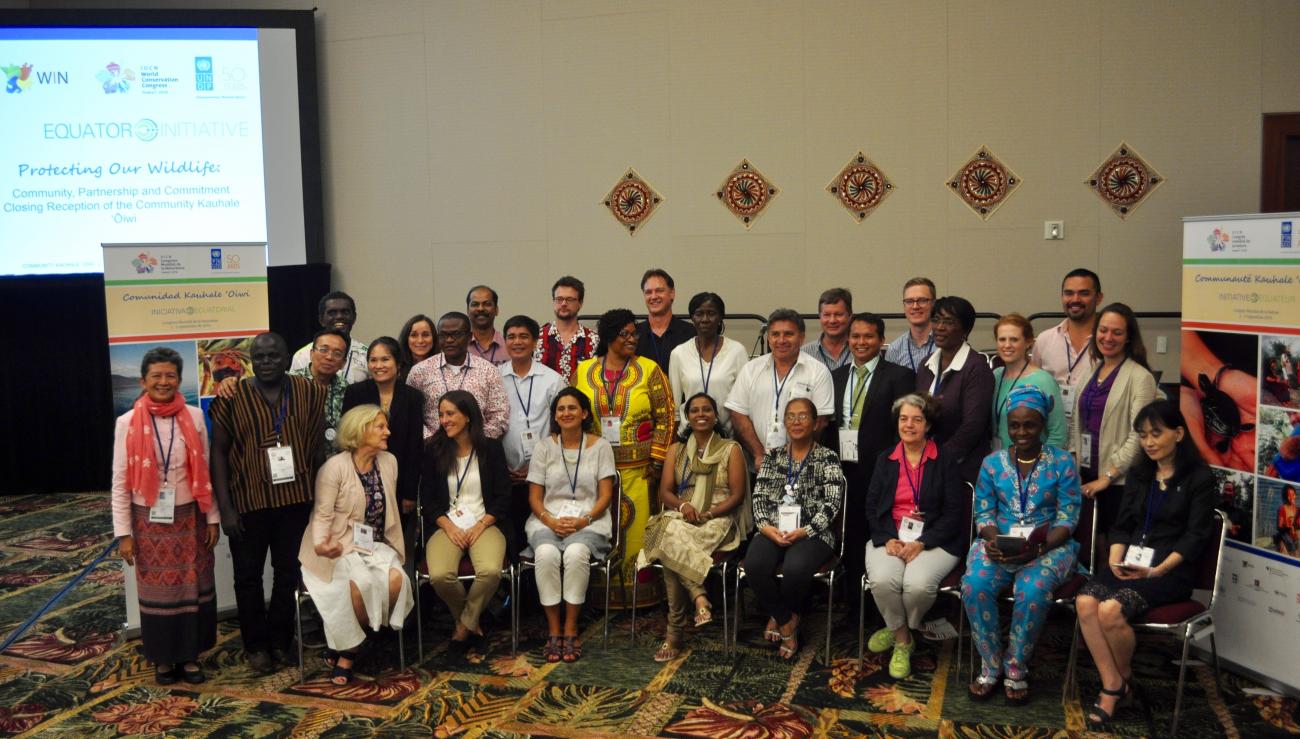 At this year’s World Conservation Congress in Honolulu, Hawai’i, held by the International Union for Conservation Nature (IUCN), the world’s oldest and largest global environmental organization, over 200 Indigenous representatives joined some 10,000 leaders and decision-makers from government, civil society, business, and academia to collectively work toward conserving the environment and…
At this year’s World Conservation Congress in Honolulu, Hawai’i, held by the International Union for Conservation Nature (IUCN), the world’s oldest and largest global environmental organization, over 200 Indigenous representatives joined some 10,000 leaders and decision-makers from government, civil society, business, and academia to collectively work toward conserving the environment and…
Support Indigenous writers and journalists. This content is made entirely possible by loyal readers like you. Cultural Survival does not believe in paywalls. We rely on our supporters and readers to give what they can so that we can continue bringing you Indigenous-led solutions.
Our website houses close to five decades of content and publishing. Any content older than 10 years is archival and Cultural Survival does not necessarily agree with the content and word choice today.